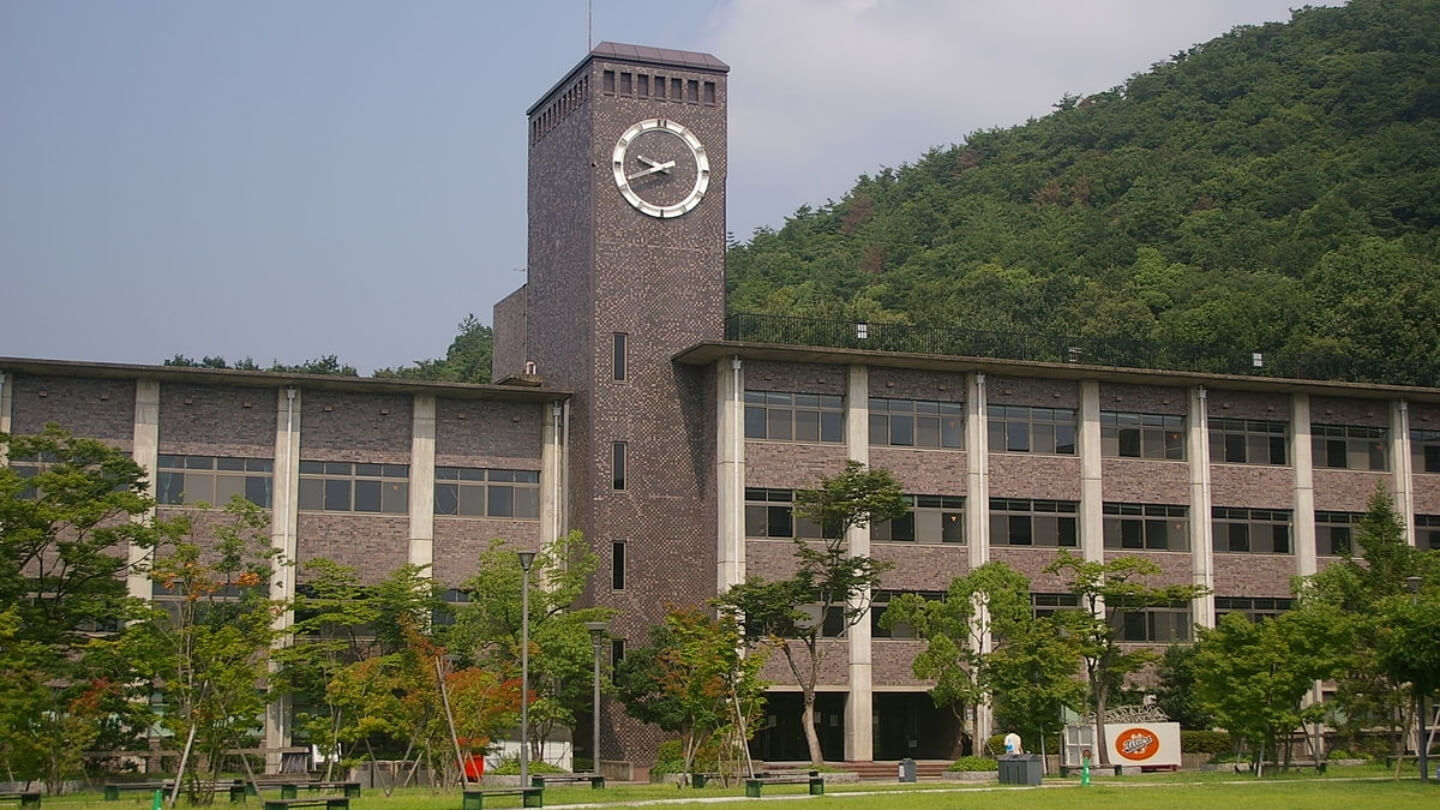
Food waste training for Hotel Tarida Beach Resort & Spa
- 09/29/2025
- Magda Cebrián

In collaboration with:
Insotel Group is a family-run hotel group with over 50 years of experience in the Balearic tourism sector. All of its hotels have environmental certification (ISO 14001) and the “Be Blue” seal, with beach cleanup campaigns and support for marine conservation projects. On this occasion, they have implemented the Effiwaste system, which improves waste management, and Go Zero Waste collaborated by training hotel staff.
Goals
SDG 11 | Cities and
sustainable communities

Environmental awareness
Knowing the importance of the food we waste
SDG 12 | Production and
responsible consumption

Identify the causes and critical points
Understanding where waste occurs and why
SDG 13 | Climate Action

Learn practical solutions
Show the benefits of the system and also other success stories that exist around the world.
What was done?
Before installing the Effiwaste system, training on food waste was provided , covering the following points:
1.- Context and problem:
· 30% of the food grown in the world ends up as waste
· Tourism accounts for 9.2% of global GDP and 8.8% of greenhouse gas emissions.
· The HORECA channel (hotels, restaurants and catering) is responsible for 15-20% of global waste.
A 4-star, all-inclusive hotel with 1,200 guests can generate up to 900 kg of waste per day from food alone.
2.- Sustainability in the hotel sector
· Key actions: reduce emissions, optimize energy and water consumption, improve waste management, and use local suppliers.
· In gastronomy: the challenges are local production, packaging, energy consumption in the kitchen, and food waste.

Sala donde se realizaó la formación
3.- Regulations and legislation
· Law 7/2022 on waste and contaminated soils for the circular economy
· New law against food waste:
- Reduce food waste per capita by 50% by 2030.
- Mandatory prevention and quantification plans
- Donation of surpluses to social entities
- Offer takeout containers
- Apply the hierarchy of prevention, reuse, recycling, recovery and disposal
4.- Causes and reduction strategies
· Overproduction and poor stock management
· Measure and analyze waste by food type, service, and reason.
· Encourage show cooking and individual portions
· Valorize unavoidable waste (composting, biogas, bioproducts).
Why a training on food waste?
The training we provide seeks to raise awareness in the hotel industry about the impact of food waste. We explain current regulations and present practical and technological tools available on the market to measure, analyze, and reduce waste, improving sustainability and profitability.
✅ One-third of the food produced worldwide ends up in the trash: the hotel industry can make a difference.
✅ The new law against food waste requires hotels and restaurants to prevent, measure, and donate their surpluses.
✅ Reducing waste is not only sustainable: it improves profitability and optimizes resource management.
✅ Training in circular gastronomy and Zero Waste is key to responding to more conscious and demanding customers.
News related
Waste to Resource Talk for Ritsumeikan University
The talk "From Waste to Resource," held for students at Ritsumeikan University, a leading Japanese institution in sustainability, aimed to inspire the next generation to adopt a Circular Economy mindset.
Waste audit for Calmell Group
Through planning, collection, and analysis in its industrial warehouses, the company developed an implementation plan in coordination with its teams, fostering sustainable improvement dynamics. This audit reinforces its commitment to…
Food waste training for Hotel Tarida Beach Resort & Spa
Insotel Group strengthens its environmental commitment by implementing the Effiwaste system to reduce food waste. With the support of Go Zero Waste, hotel staff were trained in sustainability, current regulations,…


